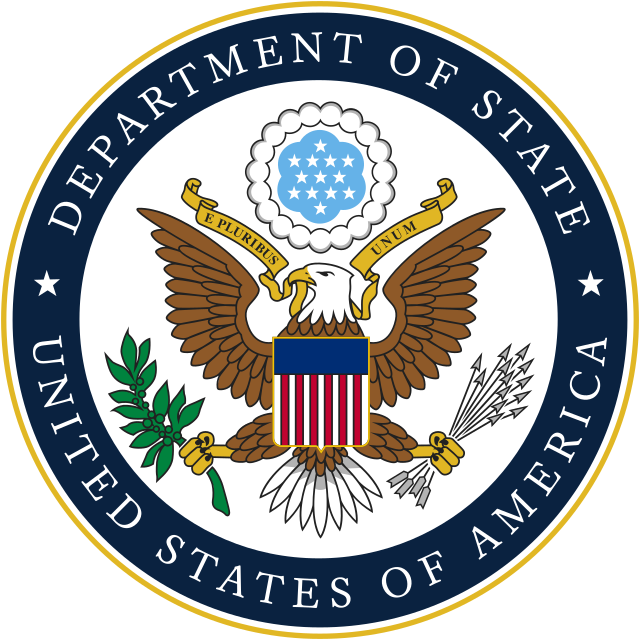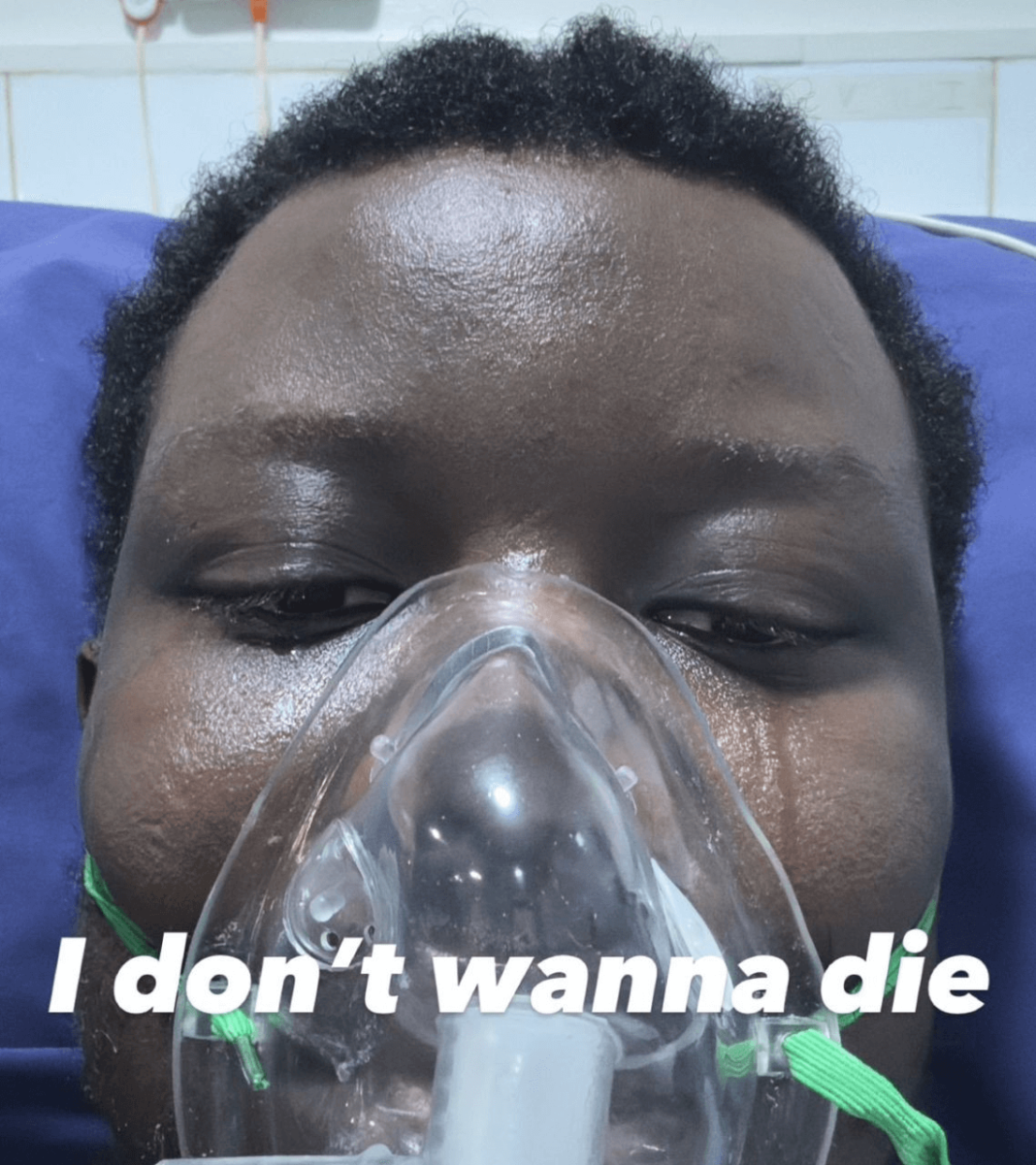The European Union (EU) has announced an extra €35 million in humanitarian aid to support West Africa as the region struggles with severe food insecurity and widespread displacement. This funding aims to help the most vulnerable people in countries like Burkina Faso, Mali, Niger, Mauritania, Nigeria, and the Gulf of Guinea coastal nations.
West Africa is currently facing a serious humanitarian crisis due to growing political instability, ongoing conflicts, and widespread violence. This has led to millions of people being displaced from their homes and struggling with hunger and malnutrition.
The new funding will be used to provide emergency assistance, including food, nutrition, health care, water, sanitation, shelter, and protection services. Specifically, the EU will allocate €10 million to Burkina Faso, €8 million each to Mali and Niger, €5 million to Nigeria, €3 million to Gulf of Guinea countries, and €1 million to Mauritania.
This additional support brings the EU’s total humanitarian aid to these countries to €160.6 million in 2024.
An EU official highlighted the urgency of the situation, stating, “The humanitarian needs in West Africa are immense and growing. This additional funding is crucial to provide lifesaving assistance to those most affected by the crisis.”
West and Central Africa remain some of the poorest and most fragile regions in the world, with conflicts, insecurity, and climate change driving the humanitarian crisis. In countries like Burkina Faso, Mali, and Niger, violence and limited access to affected areas are making it difficult to deliver aid, leaving millions without the help they desperately need. The conflict is also spreading to coastal countries, causing further insecurity and displacement.
In Nigeria, the situation is particularly dire, with many people being forced to flee their homes due to violence. The number of malnourished children is rising, and the upcoming lean season is expected to be the worst in seven years.
 Donate
Donate



